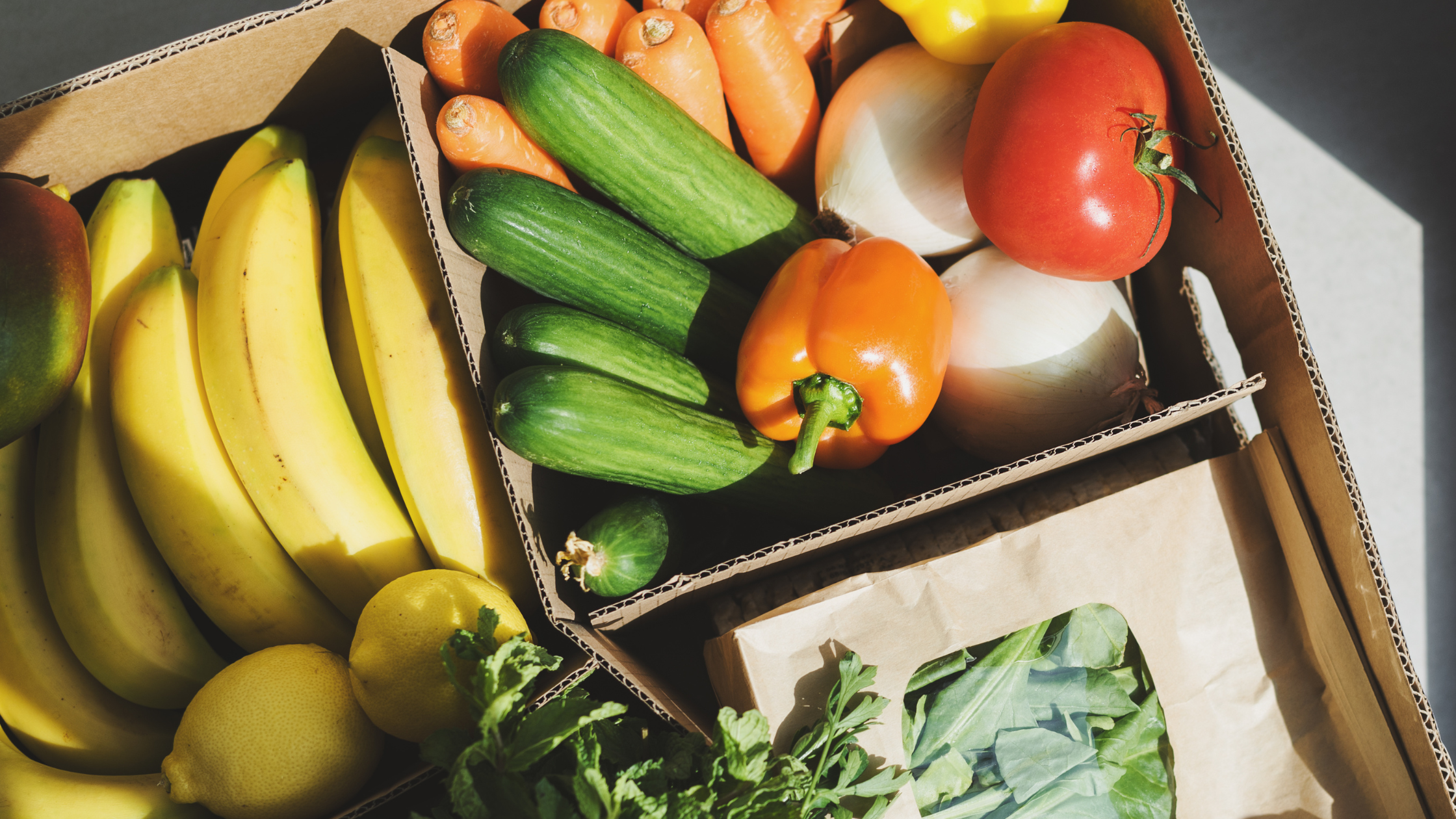Out With The Old, In With The New: Why Wax Boxes Are The Old Way to Package
Boxes and packaging for fruits and vegetables have changed a lot over time. Long ago, humans used handmade baskets of grasses and reeds to store and transport their harvest. Over time, we’ve evolved into more sustainable packaging for worldwide shipment.
The evolution of packaging is not just about boxes. It’s about how we’ve learned to be kinder to our planet while making sure food gets delivered in great shape for a longer shelf life.
Let’s take a journey back and unbox how produce packaging has transformed from way back when to now.
The History Paper Packaging
The first commercial cardboard box is dated back to 1817 in England, but is completely different from the ones we see today. They were made from a single sheet of cardboard.
In 1856, two British inventors made a new kind of paper called, “corrugated paper;” however, this was not used for shipping.
It wasn’t until 1871 that a New Yorker named Albert Jones issued a patent for using corrugated cardboard to protect glass bottles during shipment. This was the start of using cardboard boxes for shipment.
The Problem with Paper Packaging
Using paper packaging for produce may seem like a great idea, but it comes with a few issues. Paper boxes are not that durable. Produce that needs to be kept refrigerated or on ice can leak through the box and cause breakage.
Paper packaging also comes with environmental problems. You must cut down trees to create paper boxes, a lot of water is used in the creation of them, and although you can recycle paper boxes, if they become contaminated then this becomes difficult.
Enter Wax-Coated Boxes
In 1900, Frank Peters patented wax paper-lined cardboard boxes. This helped reduce the risk of contamination and provided brands a new retail space for marketing.
Wax-coated boxes are great for waterproofing and preventing moisture damage to the box.
With that said, the main issue with wax-coated boxes is they cannot be recycled. This means, they are sent to the landfill and can take up to 50 years to decompose. Wax-coated corrugated boxes are harmful to the environment!
Annually, 600,000 tons of wax-coated boxes are sent to landfills.
The Resilience and Benefits of Plastic Corrugated Boxes
Plastic corrugated boxes are the best option for transporting and storing produce due to their sturdiness, durability, and ability to provide a barrier against moisture.
Plastic corrugated boxes can be sanitized, reused, and even more importantly - can be recycled!
A crucial factor involved in transporting produce is temperature control. To prevent spoilage and ensure your fruits and veggies stay fresh, plastic boxes have a better capacity to insulate than wax-coated and paper boxes. This will keep your produce fresher, longer.
How You Can Make a Change By Making a Switch
Transitioning from wax-coated corrugated boxes to plastic corrugated boxes may seem daunting. However, in the long run, it is essential for the environment, as well as the longevity of your produce.
Here are a few of our recommendations for migrating over to plastic:
- Get in touch with Industry Plastic! Our team is happy to provide you with recommendations to discuss the different options available to you.
- Test plastic first. Start with a few batches in order to get your team familiar with the effectiveness of the new packaging.
- Educate your staff. Let your team know why you are transitioning to sustainable packaging. Inform them of the environmental benefits and how it can help with the longevity of the produce you are shipping.
Final Thoughts
The use of wax-coated corrugated boxes for shipping produce has transformed the way we ship produce, but it is outdated and ruining our environment.
The switch to plastic corrugated boxes offers a better solution for transporting produce and has numerous benefits, including freshness, longer shelf life, and improved insulation capabilities.
With the right approach and a focused migration plan, the shift to plastic boxes can be achieved while holding your commitment to sustainable practices.
Your produce and the environment will thank you!
